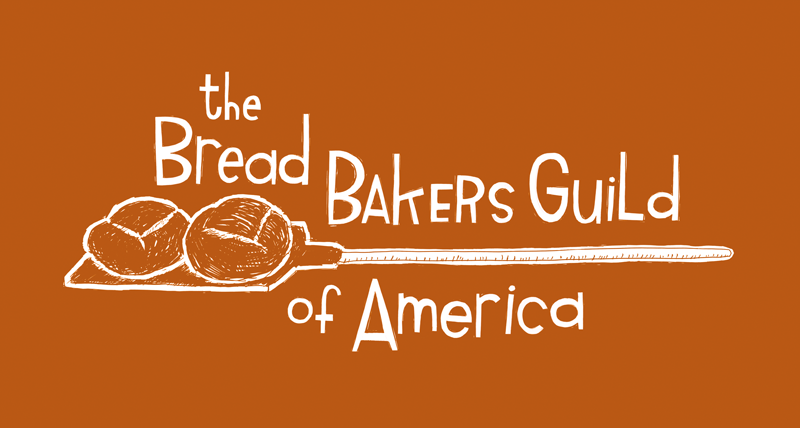Menu
Log in
Ready to be part of a sharing community of artisan bakers who are passionate about their craft? |
Not a Member and Want to Stay Connected & Learn More? | Questions about membership? Please contact us:The Bread Bakers Guild of America |
©2023 The Bread Bakers Guild of America All Rights Reserved
Powered by Wild Apricot Membership Software
